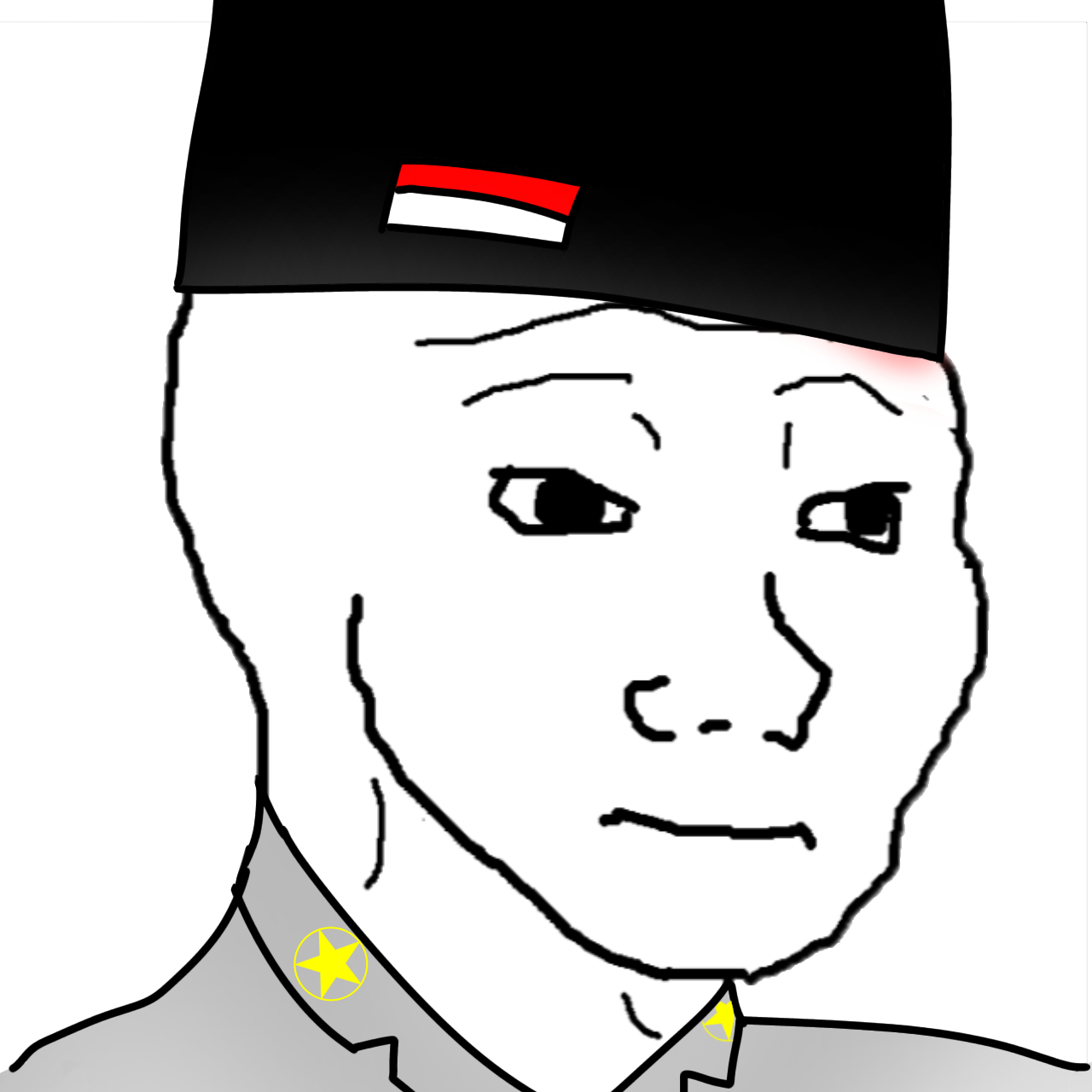Animal farm
I’ll tell 'ya hwhat: be very wary of absolutely any writer that primarily uses fiction to spread their political views. The main exponents of this are George Orwell and Ayn Rand, and that’s all you should need to know to understand.
 ”This thing happened in a work of fiction, that means it could happen for real”. You might as well say Spider-Man comics are proof that Spider-Man could be real, that’d at least be more plausible than Ayn Rand’s ”utopia” existing in the real world.
”This thing happened in a work of fiction, that means it could happen for real”. You might as well say Spider-Man comics are proof that Spider-Man could be real, that’d at least be more plausible than Ayn Rand’s ”utopia” existing in the real world.Ayn Rand when the doctor refuses to treat her cancer because it would be more utilitarian to let her die:
“I got handed an Ayn Rand sandwich
Straight from a can it tasted so bland
I asked a lass to pass me a glass
Of Engel’s Conditions of the Working Class”deleted by creator
For some insane reason my school had us read Animal Farm in English class a full year before they taught us about the Russian Revolution in history class. The whole time the English teacher was like “trust me, you’ll get who this is when you learn about Russia.”
Maybe that’s why the liberal brainwashing didn’t work on me.
We got taught 1984 and animal farm without any explicit mention of communism. And I was like “oh, this is a critique of our current democratic society”.
It’s useful in conversation because it isn’t explicitly based on a specific real event, a specific real politician.
So it’s used as a means of furthering conversation without making someone feel specifically defensive because you are discussing “their” favorite/home country.
Essentially it is abstract thought, which is challenging for some.
this can be true, but a lot of the time, because the author has the ability to write anything and not be constrained by reality, what they write often isn’t a critique of a real situation so much as it is a reflection of their own internal biases and internalized propaganda about that real situation.
the example that most immediately jumps to mind is Rowling’s house elves being slaves and also liking being slaves and actually you’re a bad person if you don’t want them to be slaves anymore. I mean, sure, it could just be an entirely made-up fantasy race that likes being enslaved, but it could also be internalized propaganda about other races, especially considering that she was born in the decaying/fallen British Empire.
So I would argue that the books in the thread image are, obviously unintentionally, actually more about how propaganda about “authoritarian” states during the Cold War influenced the authors of that time, rather than those books saying anything about the Soviet Union.
I think it’s generally best to not rely on fiction when trying to make a point to others who don’t already agree. It can be a nice bonding moment between two people that already agree - we could talk about how Don’t Look Up if we both agreed about humanity’s role in climate change and how many people don’t give a shit because they think they’re invincible or already got theirs, but bringing up the film to a climate change denier just isn’t going to go well unless approached very carefully.







